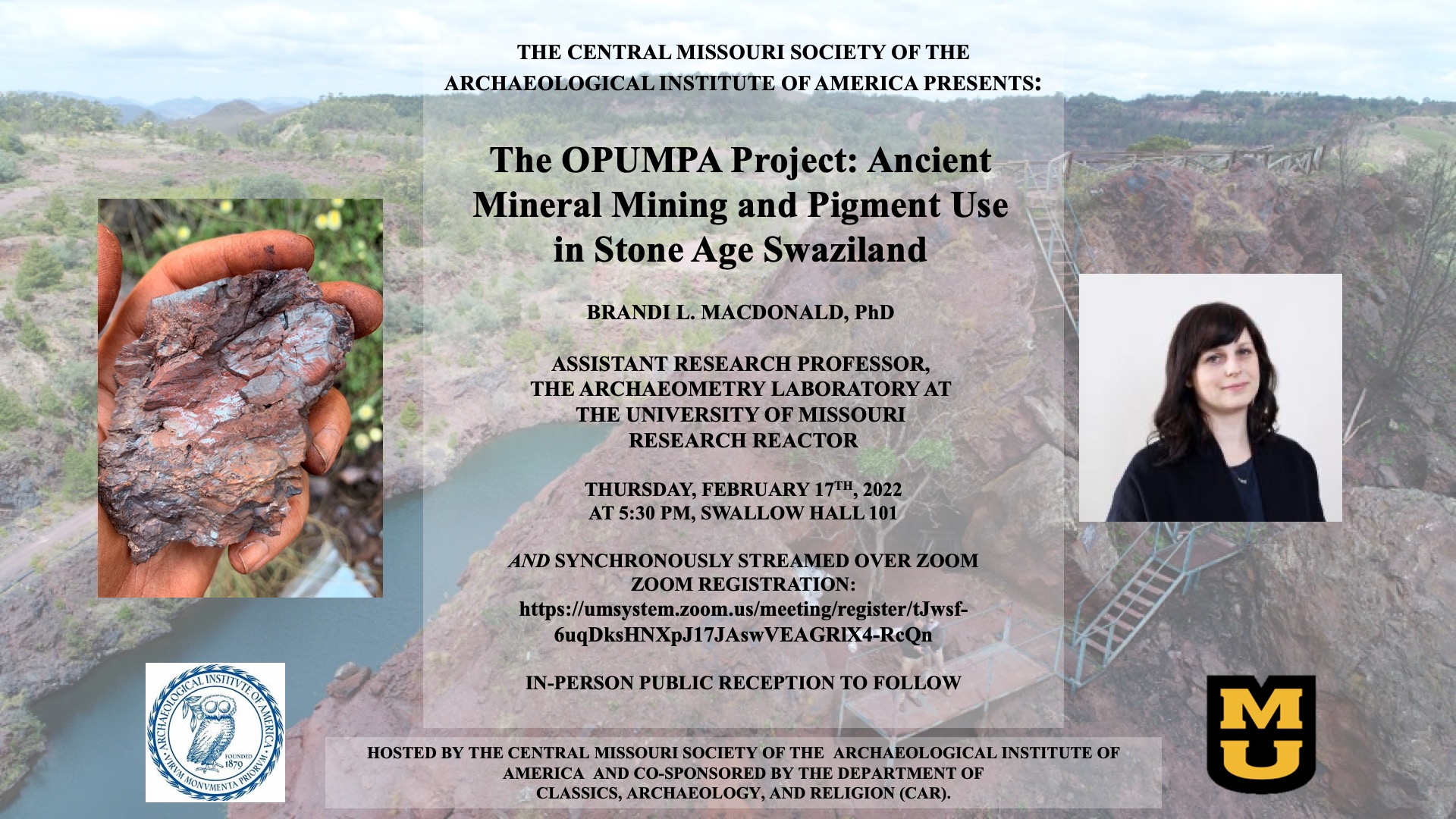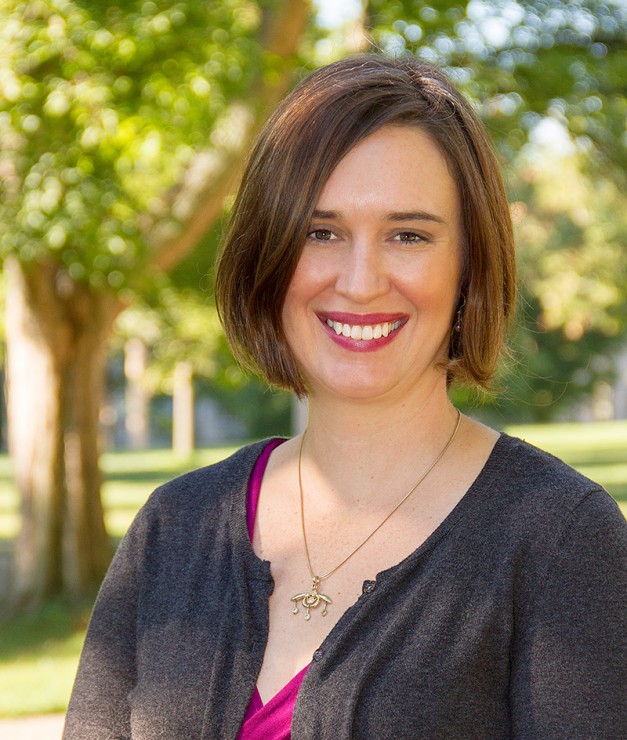Creating an Archaeology Boot Camp at Your Site: The University of Pennsylvania Example
Rye Free Reading Room 1061 Boston Post Road, Rye, NY, United StatesCultural and educational institutions are still learning how best to overcome the limitations placed on our activities by the Covid-19 pandemic. In particular, archaeology has been drastically impacted by restrictions on international travel, and has had to find new ways to bring researchers, students, objects, and landscapes together in the study of the ancient world. […]
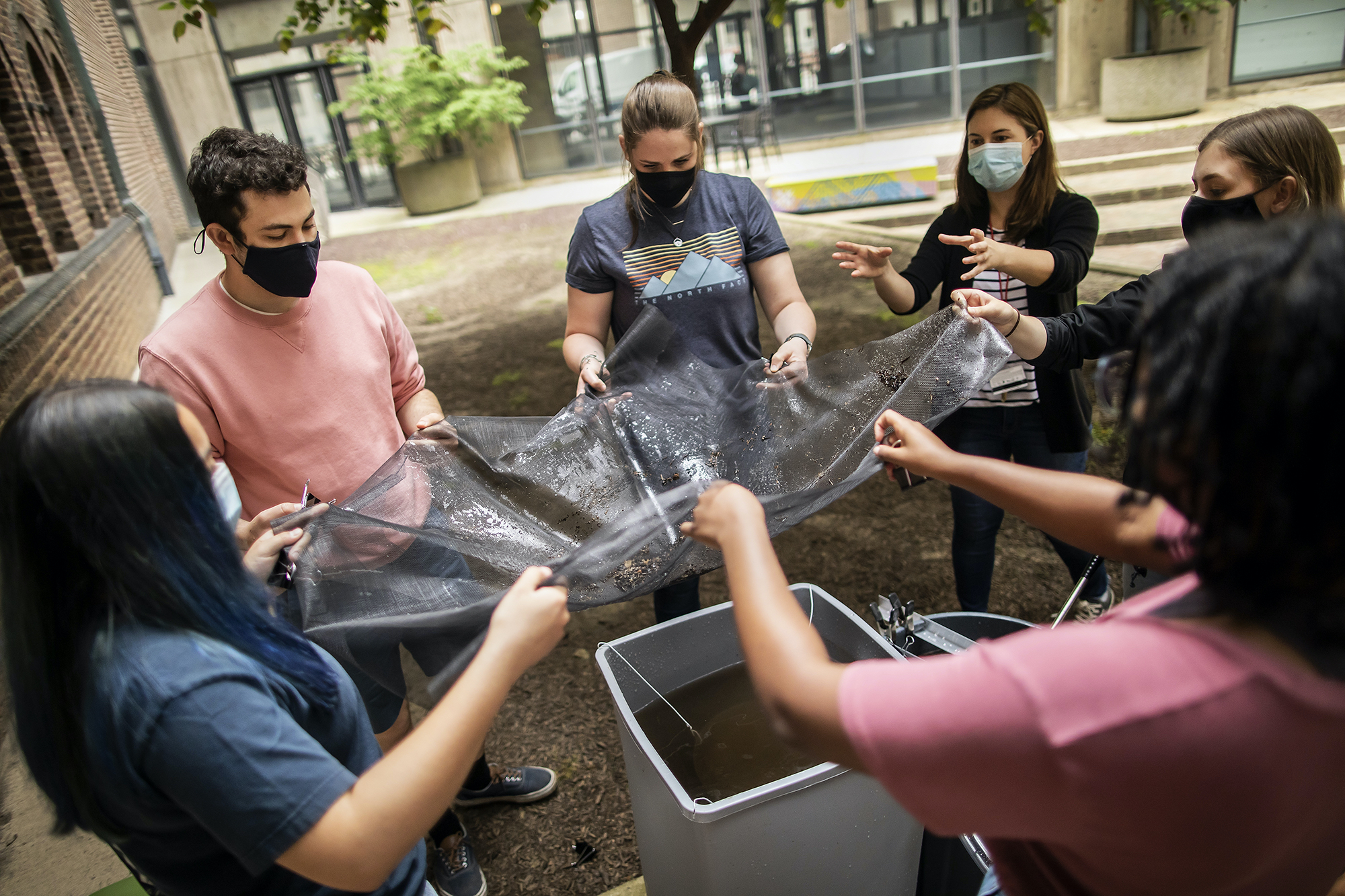
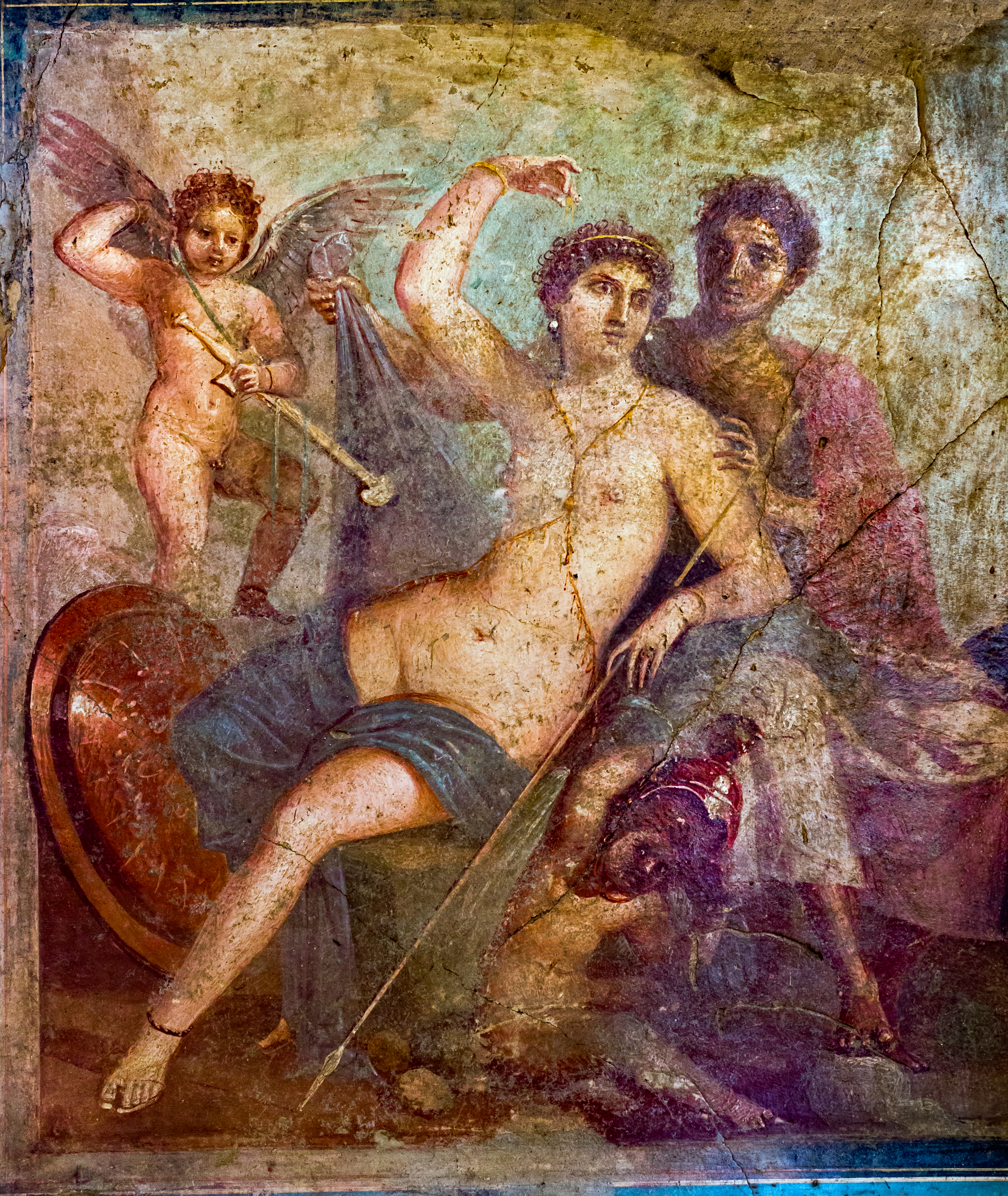
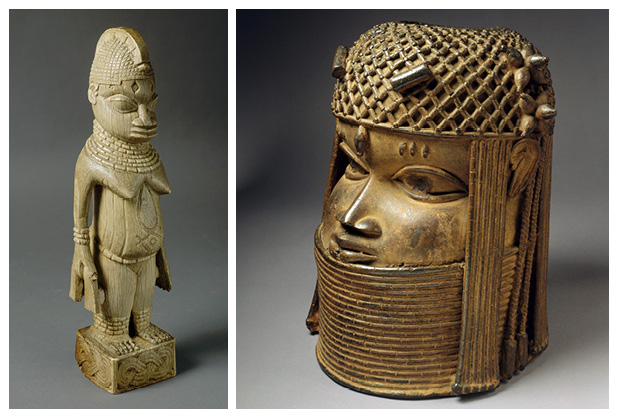
![Hohlfelder-Feb2022-Slide[2]](https://www.archaeological.org/wp-content/uploads/2021/12/Hohlfelder-Feb2022-Slide2.jpg)
